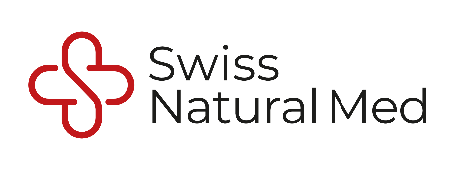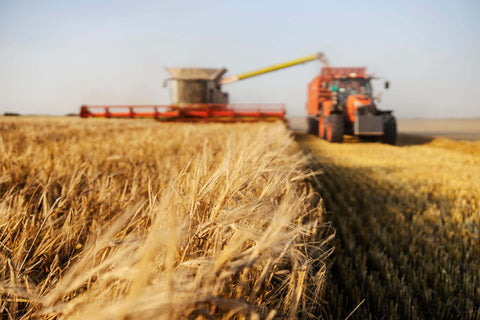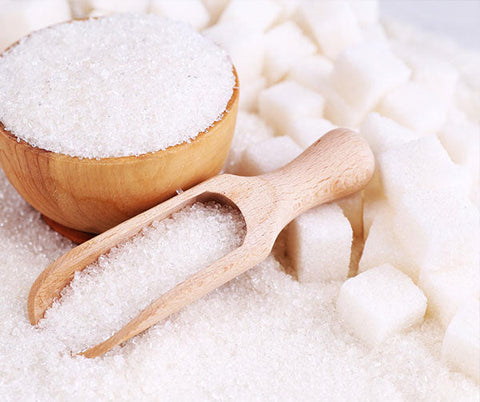What is the current situation?
Since ancient times, the Great Ukrainian Plain has been considered a particularly productive granary, thanks to its extraordinary fertility.
This region, called precisely the " granary of Europe ", it represented for centuries the greatest economic resource of Ukraine, together with the industrial activities developed over the years in the eastern regions of the country.
Today, however, the conflict between Russia and Ukraine, which began on February 24, 2022, has raised serious concerns about the future of food production not only in the region, but throughout Europe.
Russia is the world's largest exporter of wheat, accounting for about a fifth of global exports. Ukraine, on the other hand, ranks seventh, contributing 4.77% of global wheat exports. Both countries are also major exporters of corn and barley.
However, while there are concerns about the possible consequences of Ukraine's potential integration into the European Union, the current destruction caused by the war is making once resource-rich fields uncultivable .
The risks of environmental contamination
The devastation in Ukraine affects not only infrastructure and housing, but also fertile land. Due to the use of shells and tanks with depleted uranium, Ukrainian fields are at risk of becoming uncultivable .
Depleted uranium, although weakly radioactive, can release fine dust that is dangerous to health and the environment .
These dusts, once dispersed, can contaminate the air, water and soil, enter the food chain and seriously damage human and animal health.
The potential damage to agricultural soil cannot be underestimated, as such contamination can last for decades or even centuries .
And health problems related to exposure to depleted uranium have already seen a significant increase in regions such as Kosovo and Serbia, and the same fate could await Ukraine.
The impact on the safety of our food
With growing scarcity of arable land and rising prices for agricultural products, Europe’s already fragile food security risks deteriorating further.
Ukraine, with its competitive production costs due to low labor costs and economic aid from the European Union, could become a formidable competitor.
But with uncultivable fields, the outlook is grim. European farmers, already struggling with agricultural policies, could find themselves facing “drugged” and unsustainable competition.
However, beyond economic issues, it is essential to reflect on how important it is today to pay attention to what we eat .
Fraud in the organic sector has increased by 20-25% in recent years, and consumers are becoming increasingly vulnerable to products claimed to be organic that are actually not.
This situation requires increased vigilance in choosing food products.
A Call for Vigilance and Responsibility
In such a complex and uncertain context, it is essential that food companies adopt rigorous practices to ensure the integrity of their products.
Swiss Natural Med, for example, is committed to carrying out over 900 laboratory tests to ensure that its products are free from contaminants and toxic substances , thus contributing to greater food safety for all its customers.
We use “ancient” raw materials that are not genetically modified to help maintain an efficient immune system , conserve more beneficial active ingredients, resulting in truly healthy foods that are also excellent in terms of flavour.
Try our ANTIKI Foods now👇
We have the opportunity to build a future where food security is a priority and where every food choice is driven by responsibility and awareness. The choices we make today will shape both our well-being and that of future generations.
As we navigate this crisis, it is essential that we stay united and informed so that we can all contribute to a sustainable and secure food future.
Start your journey to optimal health today
Take our test now (in just 3 minutes) to receive specific nutritional advice and a personalized food plan for you, which will help you take control of your life and your health.




